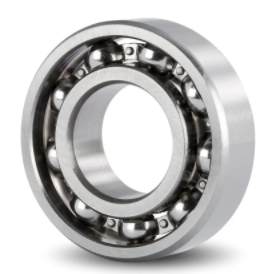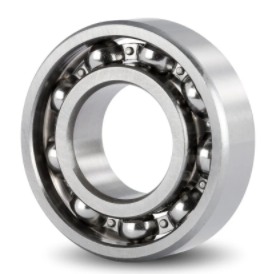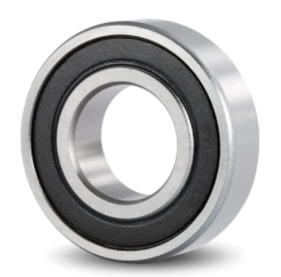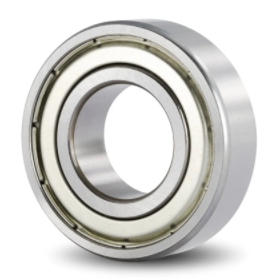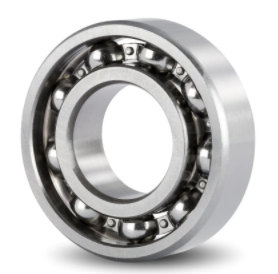Cancel
S6322

| Part Number | S6322 |
| System of Measurement | Metric |
| Bearing Type | Ball |
| For Load Direction | Radial |
| Seal Type | Open |
| Bore Dia | 110 mm |
| Outer Dia | 240 mm |
| Width | 50 mm |
| Ring Material | 440C Stainless Steel |
| Ball Material | 440C Stainless Steel |
| Dynamic Radial Load | 182700 N |
| Static Radial Load | 162000 N |
| Max Speed (X1000 rpm) | 3.42 |
| Weight | 9660 g |
| Shoulder Diameter | 199.95 mm |
| Chamfer Dimension | 3 mm |
| Diameter Of Shaft Abutment | 124 mm |
| Diameter Of Housing Abutment | 226 mm |
| Radius Of Shaft Or Housing Fillet | 2.5 mm |
| Fatigue Load Limit | 5.7 kN |
| Reference Speed | 6000 r/min |
| Minimum Load Factor | 0.03 |
| Calculation Factor | 13.1 |

Design Features of S6322 Bearing
S6322 Bearing represents a precise melding of advanced metallurgy and engineering. Crafted from AISI440C stainless steel, it is uniquely tailored for applications that require a combination of corrosion resistance and hardness. S6322 bore dia is 110 mm. Its out dia is 240 mm. Its width is 50 mm. S6322 Bearing offers a blend of durability, precision, and compatibility tailored for specific operational needs.
What Benefits Can S6322 Bearing Provide?
- Corrosion Resistance: Thanks to AISI440C stainless steel, this bearing is resilient against moisture and certain chemicals.
- Durability: AISI440C's hardness ensures long-lasting performance under heavy loads.
- Versatility: It operates effectively across diverse temperatures and conditions.
- Precision: Reduced friction for smoother operations and energy savings.
What Can S6322 Bearing Be Used for?
S6322 Bearing is commonly used in applications such as:
- Marine Applications: Its corrosion resistance makes it ideal for environments with moisture and salinity.
- High-Load Systems: The hardness of AISI440C ensures this bearing can handle heavy loads efficiently.
- Precision Equipment: Instruments requiring reduced friction and high accuracy benefit from this bearing.
- Extreme Conditions: Effective across varying temperatures and conditions, making it suitable for both hot and cold environments.


})
